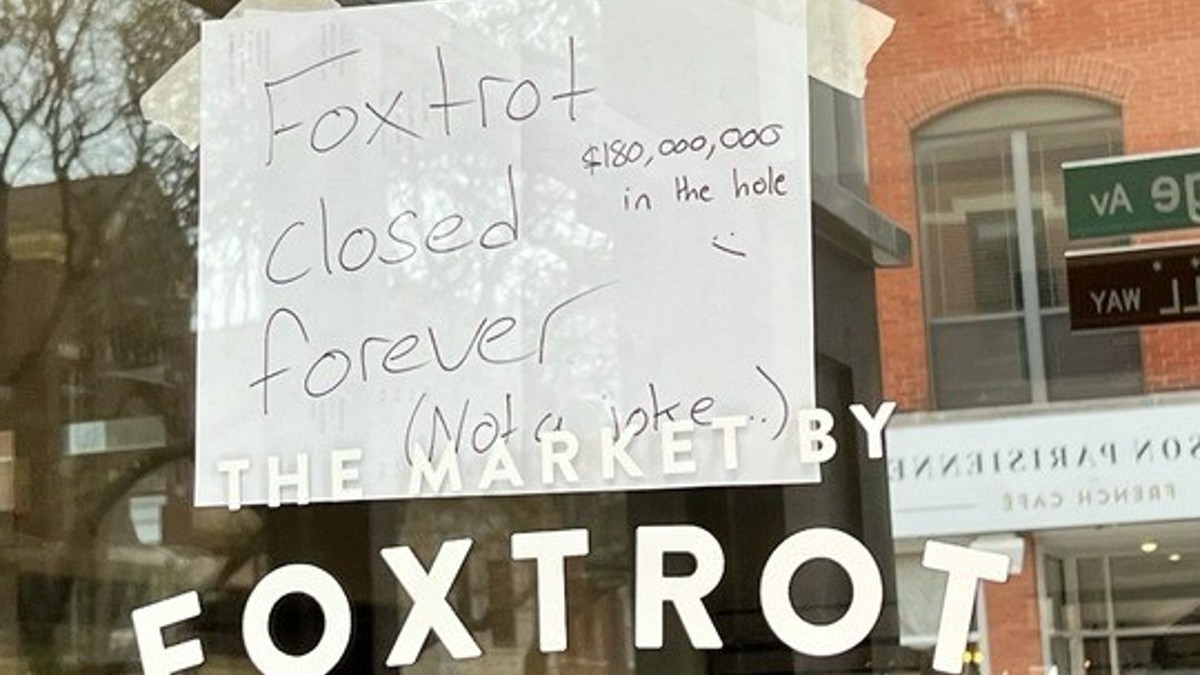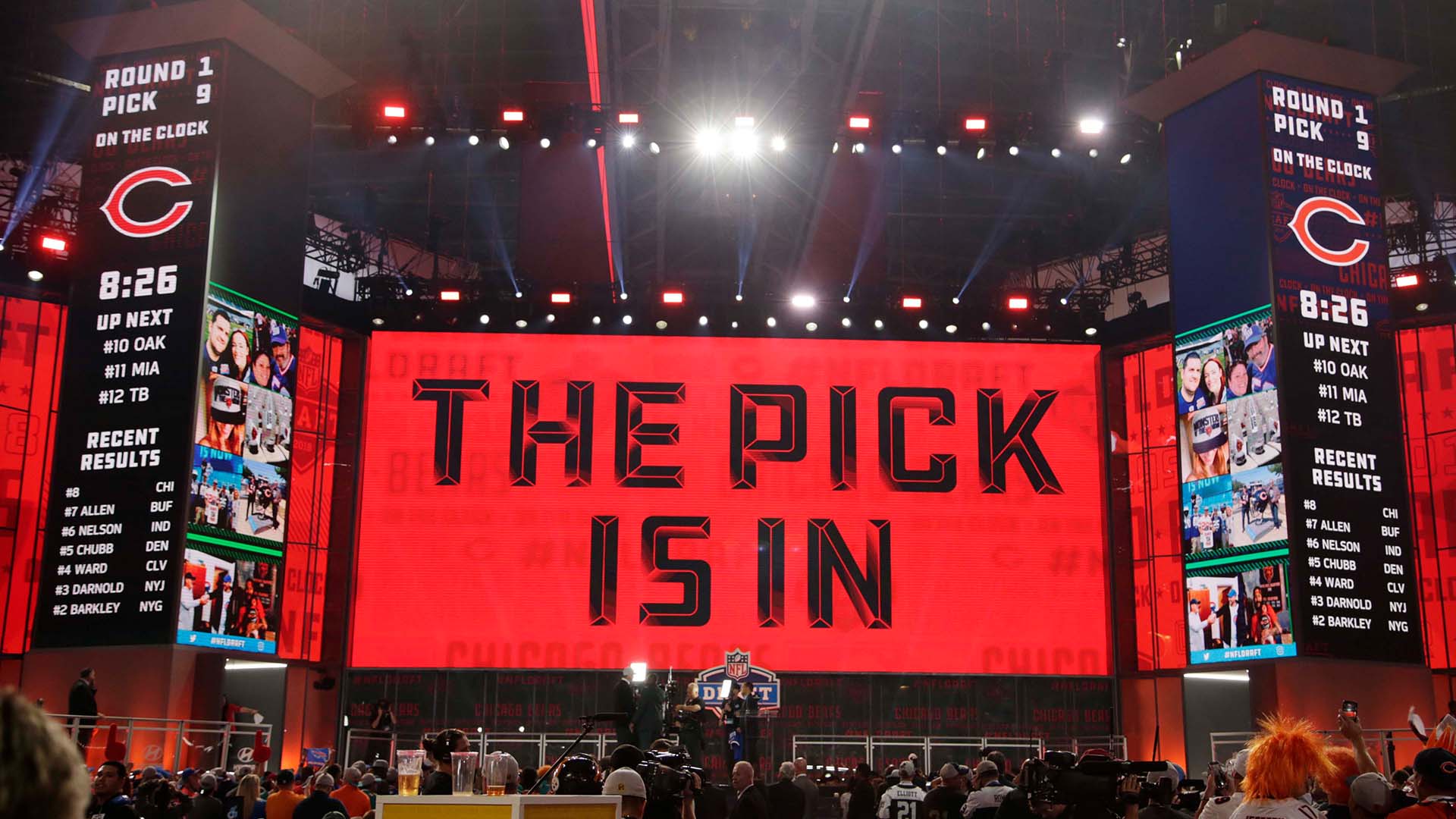In a public one-two punch, Illinois Senate President John Cullerton has called on Chicago Public School teachers to give up some future benefits to help reform the city’s troubled pension system by warning that if they don't, “thousands and thousands” of layoffs are possible.
Cullerton made his remarks both on the editorial pages of the Chicago Tribune and in a speech at the City Club Monday. He argued that as Chicago Public Schools must make a $613 million payment to their pension fund by June 30, the bulk of that money will likely come from drastic teacher layoffs and dramatic increases in class size without a new reform package.
Chicago currently has the worst pension funding crisis of any major city in the country. The Chicago teachers' pension fund is roughly 54 percent funded, but is better off than the city's municipal workers, police, labor and firefighters' pension funds. Wall Street credit rating agency Fitch has estimated that collectively, those funds are only 33 percent funded.
In the Tribune editorial, Cullerton held out the carrot by calling for a plan that he said would offer “current employees and retirees with legally binding advantages they do not have under the new law,” referring to the statewide pension reform legislation signed by Governor Quinn last year.
Throughout the negotiations, I argued for a plan that was developed over the summer by members of a special pension conference committee. That plan would still have cut benefits, but would have provided current employees and retirees with legally binding advantages they do not have under the new law.
For example, that plan had a legal guarantee requiring the state to make pension payments under a schedule. The legislature could not skip a pension payment, as the new law still allows. Future cost-of-living increases would be set at half of the annual inflation rate, but would be no less than 1 percent or more than 4 percent. In years of high inflation, retirees could get a higher increase than the flat 3 percent under the old pension law.
In short, current employees and retirees would receive new, legally binding advantages in exchange for benefit reductions. That would give the law a better chance of being found constitutional by the courts.
Local
In his remarks before the City Club, however, Cullerton then appeared to brandish the stick.
Cullerton said the public schools’ annual pension payment is expected to swell from the $417 million paid last year, to $613 million — a 47 percent increase.
“The bulk of the money comes, likely, out of the classroom resulting in drastic teacher layoffs and increased class sizes,” Cullerton said. “That’s not acceptable for a world class city like ours.”
The Chicago Teachers Union, for one, wasn’t biting. CTU Communications Director Stephanie Gadlin told Ward Room the union was willing to negotiate but “won't allow Mayor Emanuel and the Illinois General Assembly to steal our pensions.”
Gadlin pointed out that as years of non-payment and underpayment by lawmakers created the pension shortfall, it was revenue, not expenses where the problem should be solved. The CTU argues that guaranteed revenue needs to be put back into the fund to help stabilize it, instead of solely relying on cuts.
“The district made no pension payments between 1995 and 2005 and then was granted relief from the General Assembly in the form of dramatically reduced payments,” she said. “CTU spent significant resources and time to craft a solution that would stabilize both the pension fund, retiree healthcare, and the CPS operating budget. CPS and the mayor would not agree with any of our substantive plans. They pledged minimal guaranteed revenue and wanted cuts so deep that active and retired teachers would pay for the district’s entire normal cost, plus $50 million in the unfunded liability.”
In his remarks, Cullerton declined to give specifics about exactly what a pension reform plan for Chicago teachers might contain. However, in recent months there has been much talk that last year’s statewide pension overhaul, which is said to save $160 billion over 30 years, could serve as a template, along with a $971 million reform package for Chicago Park District pensions Gov. Quinn signed into law earlier this year.



